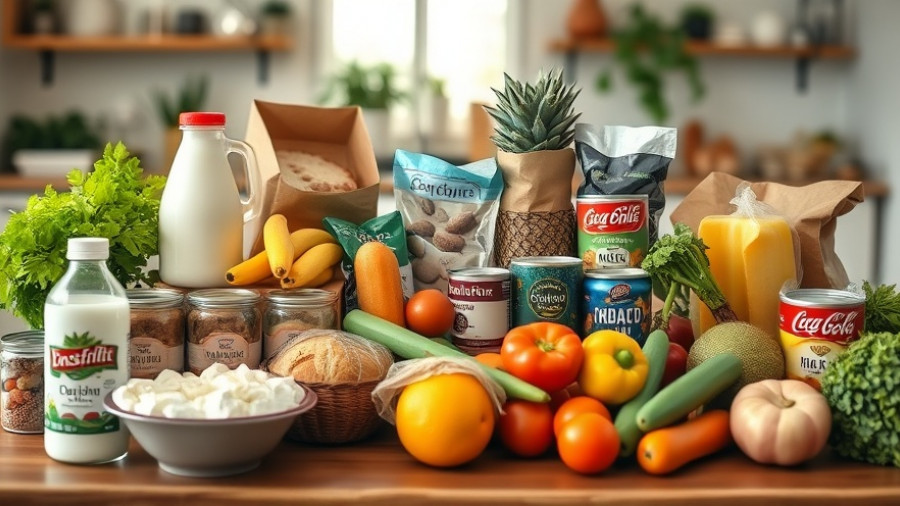
Crisis in Colorado: Food Banks Facing Unprecedented Demand
The recent federal government shutdown has ignited a critical situation for food insecurity in Colorado, threatening the livelihoods of over 600,000 residents who depend on the Supplemental Nutrition Assistance Program (SNAP). Due to the absence of new funds from the U.S. Department of Agriculture, individuals relying on SNAP will be left without needed assistance starting November 1st. This shortfall is particularly alarming as food banks across the state are already grappling with a significant increase in demand.
The Growing Need Amid Cuts
With the intersection of rising costs in groceries and gas, local food banks like the Weld Food Bank are witnessing a surge in guests—reportedly up by 230%—struggling to make ends meet. Many families are on the brink of hunger, with anecdotal accounts of parents sacrificing their meals to ensure their children have enough to eat. In Weld County, alone, it’s estimated that nearly 40,000 individuals may lose access to SNAP benefits, further burdening the already stretched food resources.
Community Resources Stepping Up
Despite the grim outlook, local organizations are rallying to provide support. The Mile High United Way's 211 Call Center has been pivotal in assisting families by connecting them to food resources and potential aid. With calls peaking during holiday seasons, the center's navigators are prepared to handle an expected increase in queries as the SNAP cuts approach.
Path Forward: The Importance of Support
It’s clear that without immediate intervention, countless Colorado families will struggle during this shutdown. Community leaders urge residents to consider contributing to local food banks, whether through donations or volunteering. In these uncertain times, every effort counts in ensuring that vulnerable families in Colorado do not go hungry.
 Add Row
Add Row  Add
Add 




Write A Comment